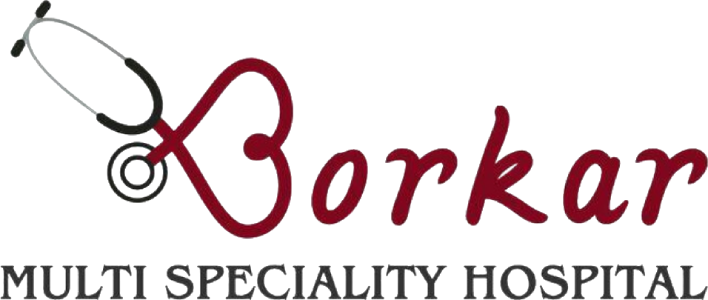Pediatric Gastroenterologist
If your child has a digestive system, liver, or nutritional problem, a paediatric gastroenterologist has the expertise to treat your child. Digestive, liver, and nutritional problems in children often are quite different from those seen in adults. Pediatric gastroenterologists treat children from the newborn period through the teen years.
Symptoms of Gastroenterology
- Stomach pain.
- Nausea.
- Vomiting.
- Diarrhoea.
- Constipation.
- Bloating in the belly
- Bleeding.
- Problems with appetite
Treatment for Pediatric Gastroenterologists
Pediatric gastroenterologists generally provide treatment for the following:
- Bleeding from the gastrointestinal tract
- Lactose intolerance
- Food allergies or intolerances
- Severe or complicated gastroesophageal reflux disease (reflux or GERD)
- Inflammatory bowel disease
- Short bowel syndrome
- Liver disease
- Acute or chronic abdominal pain
- Vomiting
- Chronic constipation
- Chronic or severe diarrhoea
- Pancreatic insufficiency (including cystic fibrosis) and pancreatitis
- Nutritional problems (including malnutrition, failure to thrive, and obesity)
- Feeding disorders
Pediatric gastroenterologists are specially trained to perform diagnostic tests of a child’s digestive system. Special instruments, such as endoscopes, are used to examine the inside of the digestive tract or obtain tissue samples (biopsies). Endoscopic procedures pediatric gastroenterologists perform include esophagogastroduodenoscopy and colonoscopy. Pediatric gastroenterologists also treat bleeding, swallowing problems, or other problems encountered in the intestines. They have extensive expertise in managing nutritional problems in children, including placement and management of feeding tubes and intravenous nutrition and diagnosing and treating infants, children, and teens with liver disease.

